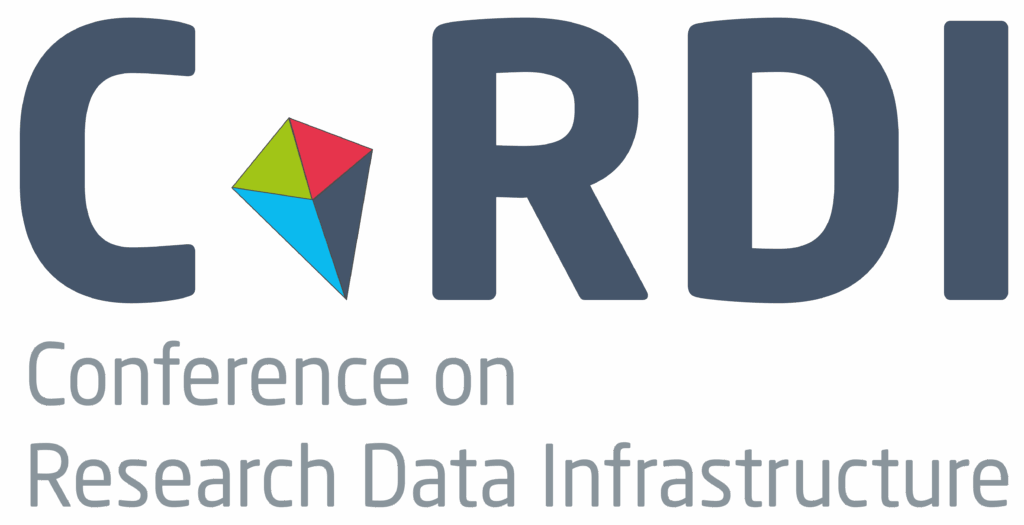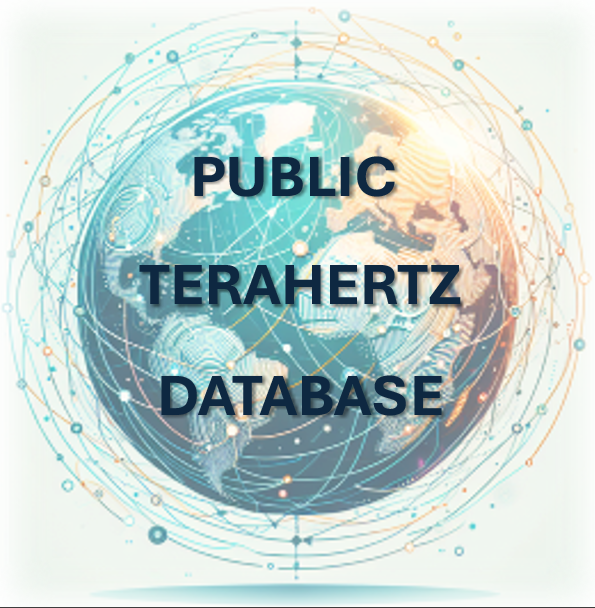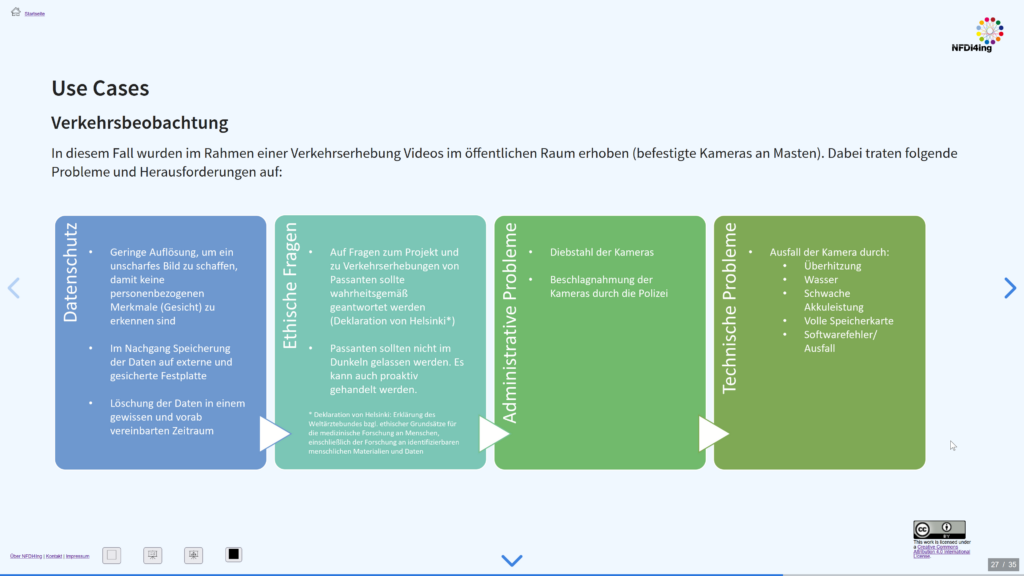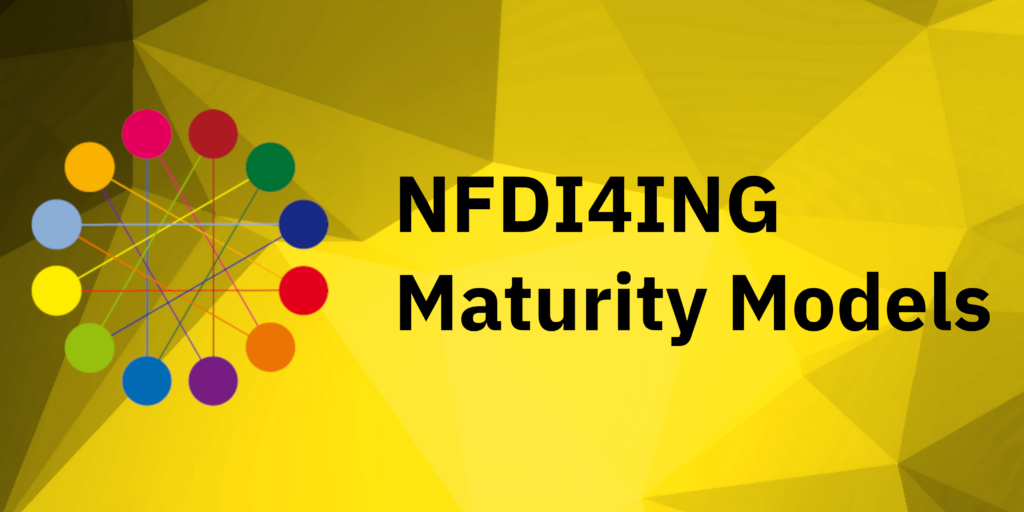
Betty is innovating software solutions
At the most recent NFDI4ING Community Meeting on 29 April, engineering researchers discussed new software solutions in research software engineering.

At the most recent NFDI4ING Community Meeting on 29 April, engineering researchers discussed new software solutions in research software engineering.

Valuable research findings often remain hidden in so-called ‘information silos’. NFDI4ING introduces a common information model (CIM) to standardise the handling of research data.

From 26-28 August, the second Conference on Research Data Infrastructures (CoRDI) takes place in Aachen. To make research data management more accessible in engineering, NFDI4ING offers grants to cover the CoRDI 2025 conference fee.

At the E-Science Days 2025 in Heidelberg (March 12-14), NFDI4ING presented multiple services and initiatives. In this post, we look back on those presentations and share all related materials.

At the ICMMTS conference, CRC MARIE and NFDI4ING experts discussed creating a public terahertz (THz) database to advance THz research. However, establishing a public THz database is not without its challenges.

NFDI4ING continues to work on providing engineering literature for text and data mining applications. Example journal articles from the publisher MDPI are now available via the TUstorage document repository, and the Q&A Research Assistant LISA enables chatting with your own documents.

Help us make our trainings more illustrative! Provide experiences and use case snippets for community-driven RDM trainings from engineers for engineers.

NFDI4ING developed a process-oriented reference model for the implementation of RDM in research projects. The results of an implementation in a German CRC will be presented and published at the upcoming ICED Conference 2025 in Dallas, Texas.

On 29 April, 2025 the next NFDI4ING Community Meeting will take place on the topic “Innovating Software Solutions in Engineering Research”.

As part of our Task Area focused on providing research data management services to engineers, the task force Repositories and Storage is steadily working on further developing and improving the currently provided solutions. In this issue, we provide updates on our work with Coscine and on the Data Collections Explorer.